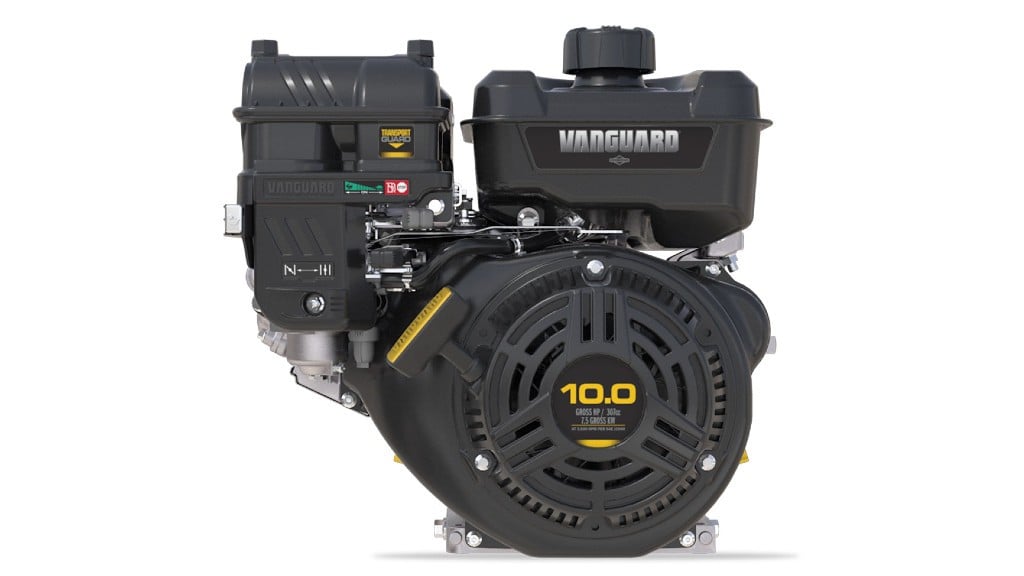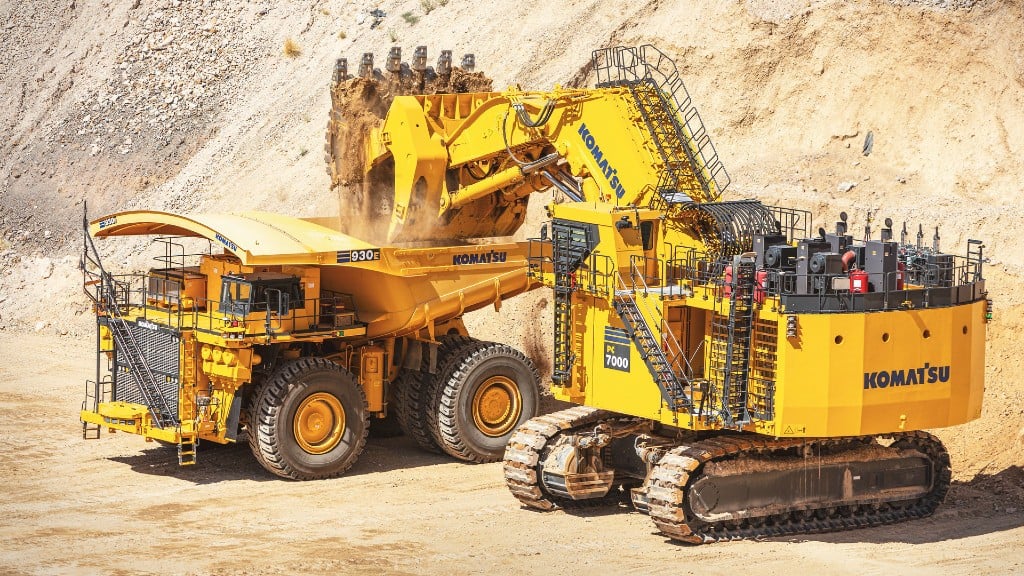Powerful Vanguard engine features cold-weather and advanced starting capabilities

Briggs & Stratton has launched the Vanguard 300 single-cylinder horizontal shaft engine. Offering 307cc and 10.0 gross HP, this engine is designed to outperform other engines in performance, power, and lower maintenance leading to an overall lower total cost of ownership.
With the addition of the 307cc option to its single-cylinder lineup, Vanguard can now offer OEMs the ability to power their full product line with one engine brand. The Vanguard 300 is ideal for a range of applications, including high-pressure pumps and pressure washers, generators and hydraulic power packs, wood splitters and chippers, leaf vacuums and blowers, concrete trowels, saws, trenches, and more.
The Vanguard 300 features technology to deliver ideal power and durability. It offers a host of optimizations, including advanced starting, extended maintenance intervals and improved cold-weather starting.
Cold start capabilities
The engine's mechanical compression release and choke are optimized for improved cold weather starting down to 0 degrees Fahrenheit (-17.78 degrees Celsius). Operators will benefit from reliable starting and smooth running operation over a wide range of loads thanks to the optimized carburetor.
TransportGuard helps reduce downtime
The Vanguard 300 engine features TransportGuard technology that was designed as a solution to address fuel shutoff during transport. Machine operators may neglect to shut off the fuel during transport, ultimately leading to engine failure. To combat this, Vanguard developed a user-friendly 3-in-1 control lever that integrates a single-action fuel and ignition shut-off switch to prevent the mixing of fuel and oil during transport. TransportGuard helps reduce unscheduled oil changes and ensures that equipment is ready when operators need it.
Air-filter replacement intervals to 600 hours
Standard on all Vanguard single-cylinder engines, the Cyclonic Air Filtration doubles equipment air-filter replacement intervals to 600 hours, helping to cut down on maintenance and improve equipment uptime. The self-cleaning technology is designed to catch more debris and keep particles moving. This prevents clogs and helps to prolong the life of the engine while maximizing performance.



